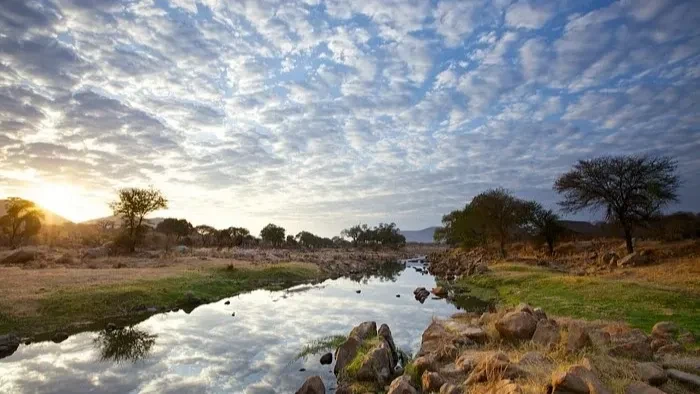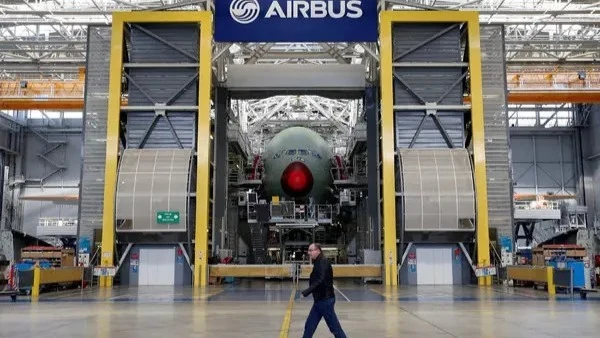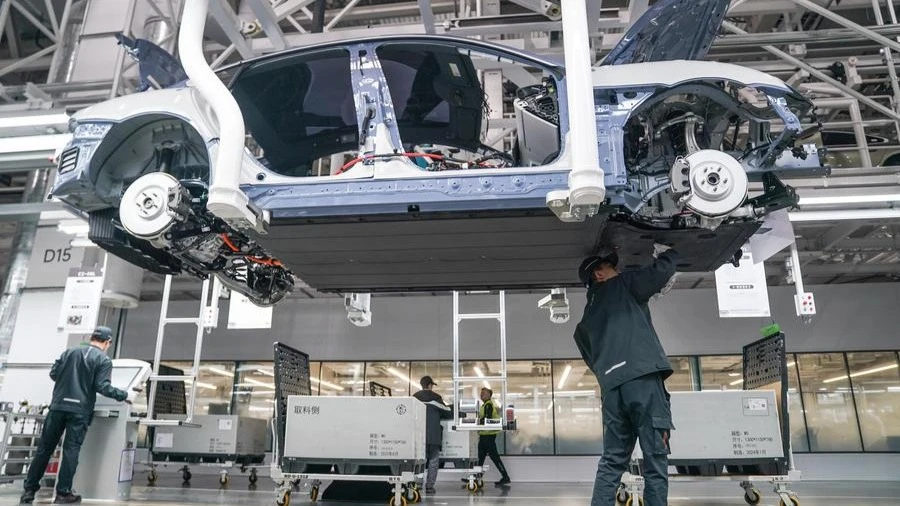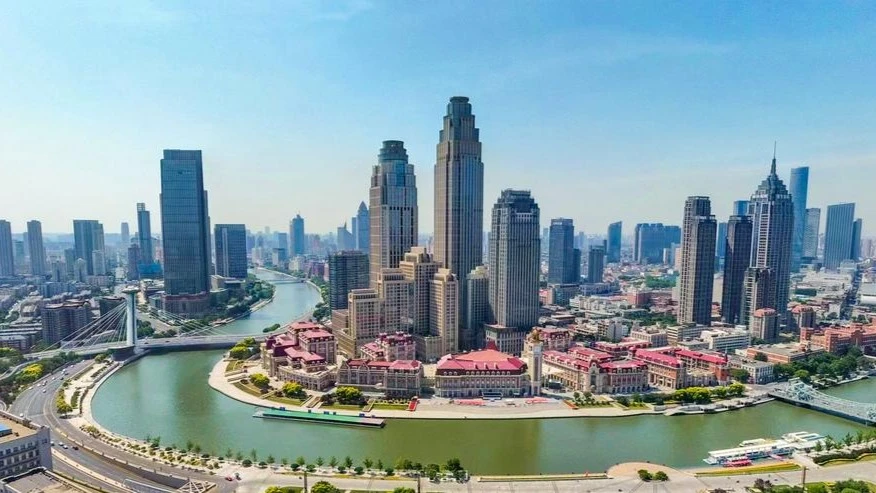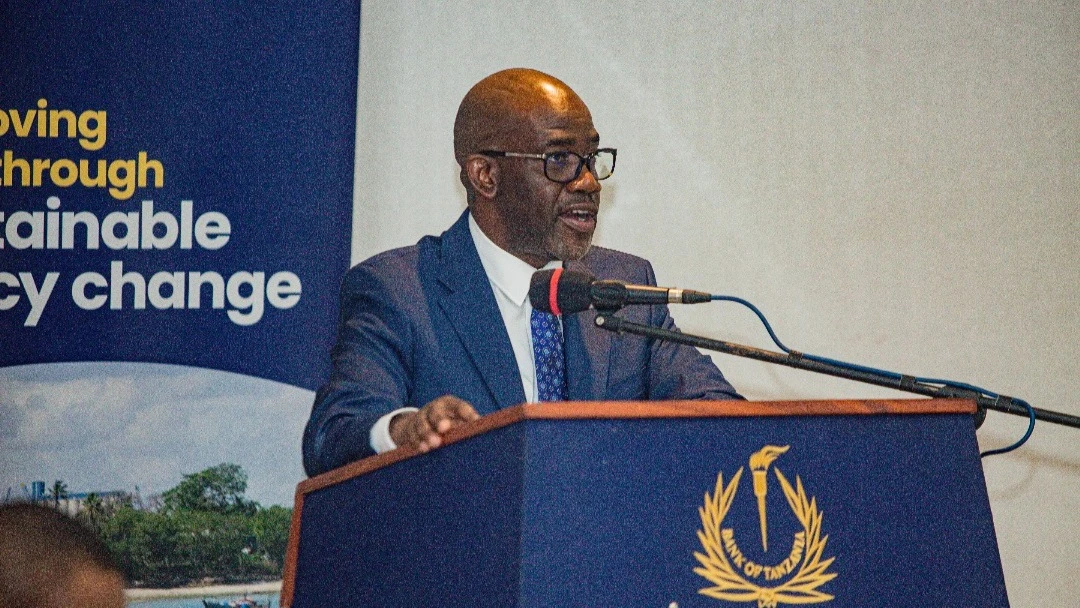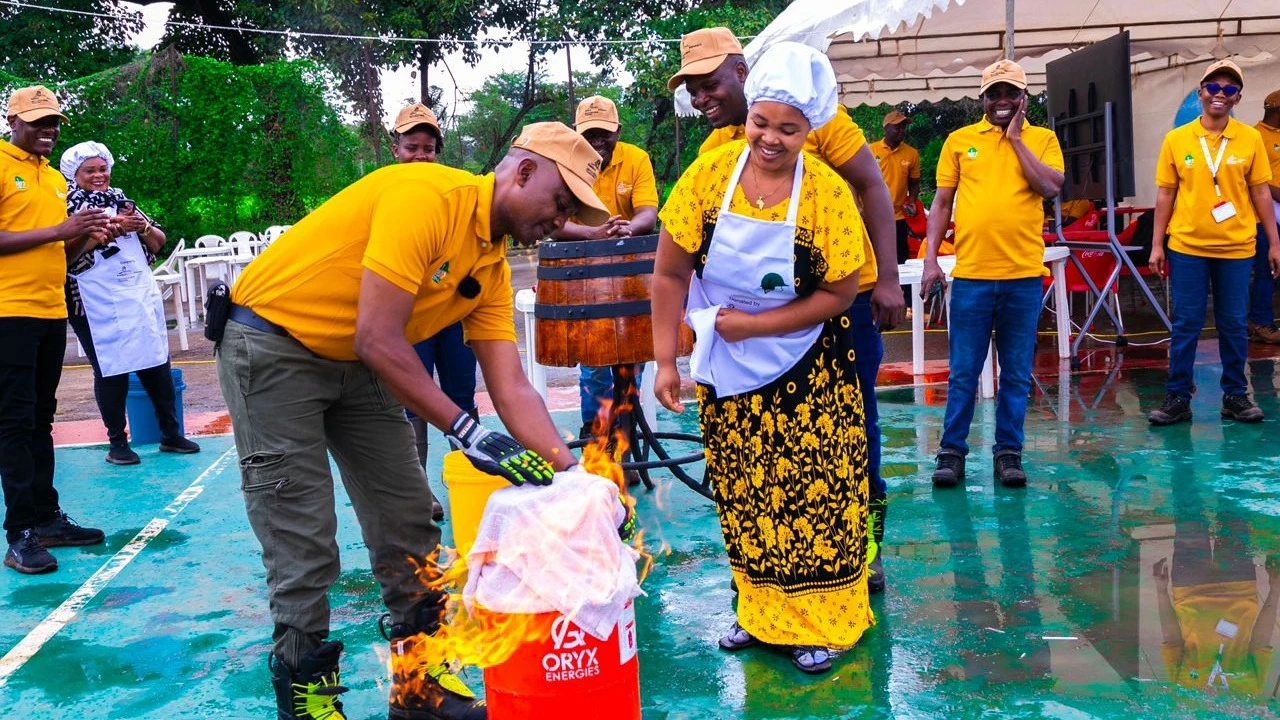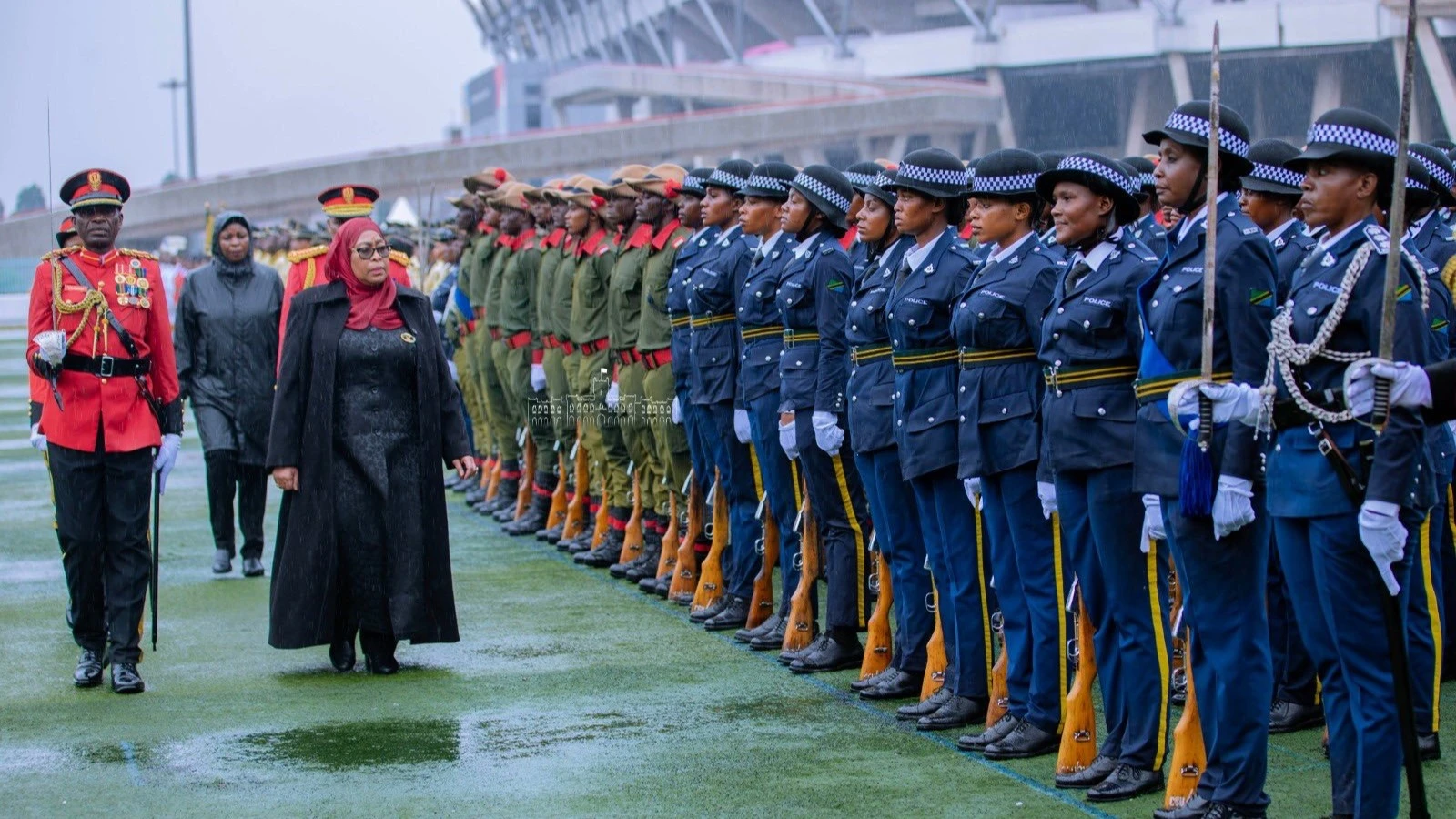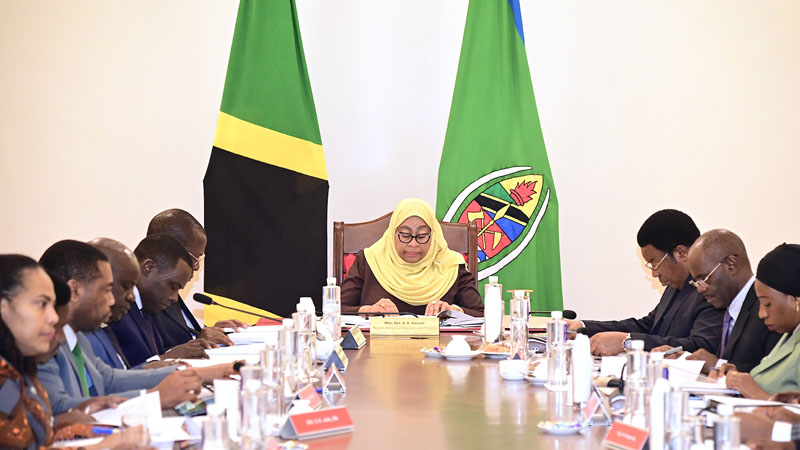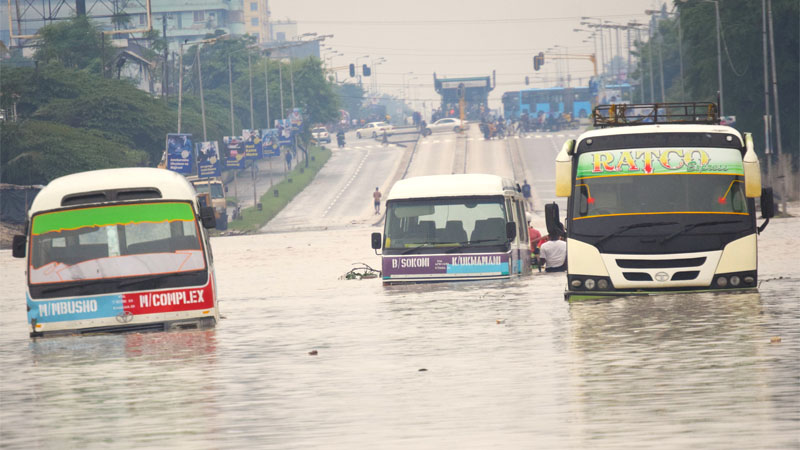Minister scans changes after 60 years of union
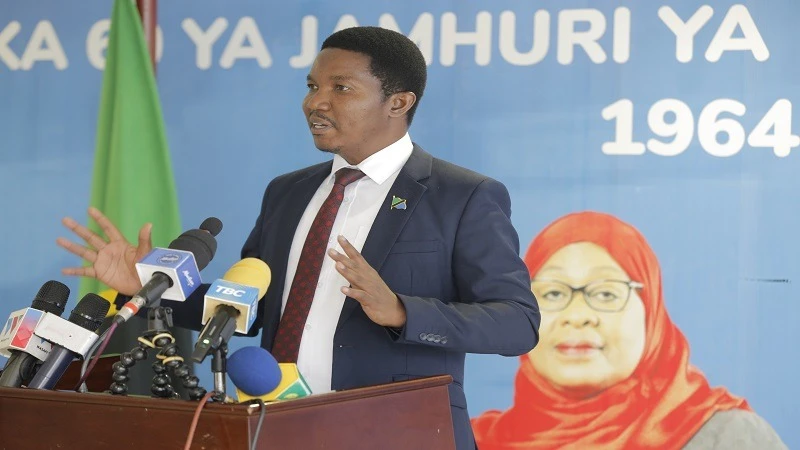
SIGNIFICANT investments in road infrastructures have dramatically changed the country’s road situation as data shows that in 1961 a total of 1,360 kilometres were surfaced whereas by the end of 2022 tarmac roads stretched 11,666 kilometres, a cabinet minister has stated.
Dr Selemani Jafo, the Union and Environment state minister in the Vice President's Office, made this observation at a press conference in Dodoma yesterday ahead of the 60th anniversary of the union between Tanganyika and Zanzibar.
Despite the change in the image of the country, the key achievement in the period of the union was in the political arena, in fusing the Tanganyika African National Union (TANU) and Afro-Shirazi Party (ASP) party of Zanzibar on February 5, 1977, which was otherwise the tenth anniversary of the Arusha Declaration.
“You can see how the nation has strived to connect all regions that were not connected by tarmac roads. We are proud of the road constructions achieved during the 60-year period. The only region that has not been well connected is Kigoma where major works are taking place to connect Nyakanazi, Kakonko, Kasulu and Kibondo heading all the way to Kigoma,” he said.
In the education sector major efforts have been made to improve the education and health sectors as well as access to education and health services by the public, he said.
“In education, primary schools have increased from 3,270 primary schools in 1961 to 20,562 schools in 2024. Secondary schools increased from 41 secondary schools to 6,511 secondary schools in 2024. In the health sector, there have been considerable improvements and investments at various levels, from 1,343 health centres in 1960 to 9,662 health centres in 2024.
“There are also 8,043 dispensaries, 28 regional hospitals, five zonal referral hospitals, six special hospitals, 34 hospitals with regional status and 11 hospitals with zonal status,” he said.
Peace and security has been consolidated due to close ties between people of the Mainland and Isles, an achievement that has set Tanzania as an example that other united African countries failed to imitate or maintain, he said.
While inflation was a challenge at the end of 20 years of the union, it has been contained during the 40 years since 1984 from 36.1 per cent to 3.8 per cent in 2023, he said.
Tanzania has gained considerable economic success during the 60-year union as the gross national income has been increasing on a regular basis, lately rising from 156.4trn/- recorded in 2021 to 170.3trn/- in 2022.
In the energy sector, the union has seen Zanzibar abandoning thermal generation by being connected to the national grid, from Bagamoyo to Zanzibar and then from Tanga to Pemba while Zanzibar is now readying for natural gas exploration after the necessary legislation has been reached, binding both parts of the union.
As the power sector develops with the construction of the Julius Nyerere Hydropower Project (JNHPP) which cost 6.5trn/- to produce 2,115 megawatts, investment projects are also rising in Zanzibar with skyscraper hotel projects among others.
Top Headlines
© 2024 IPPMEDIA.COM. ALL RIGHTS RESERVED




